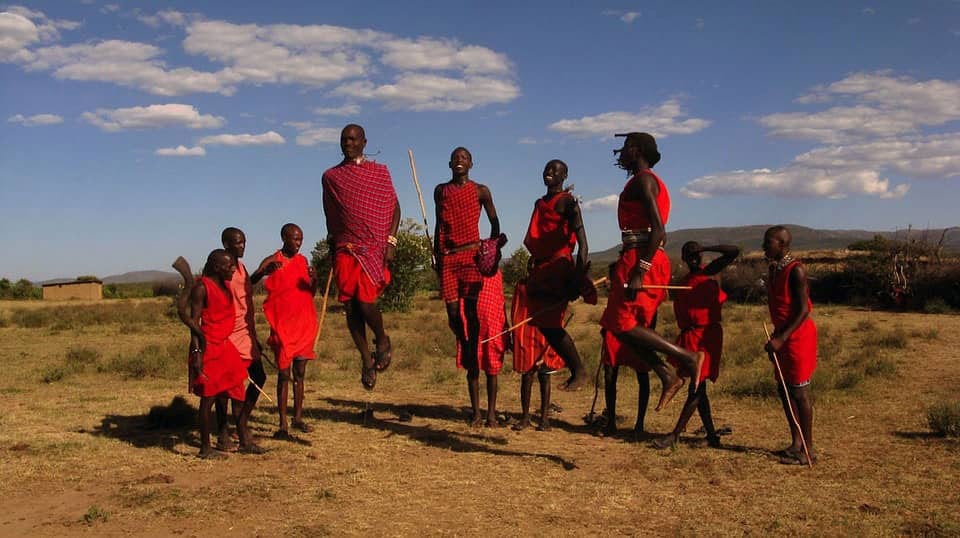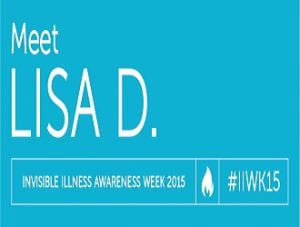According to a story from Daily Nation, Beneddettah Wangui of Kenya had been experiencing chronic pain since her teen years when she was finally diagnosed with fibromyalgia in 2012. However, her medical challenges didn’t stop there. Seven years later, she began to have more difficulty controlling her fibromyalgia and was suddenly hit with another diagnosis: myasthenia gravis. She is just one of many Kenyan patients that are now facing a shortage of medication to treat it.
About Myasthenia Gravis
Myasthenia gravis is a long term autoimmune disease that is most characterized by weakness of the skeletal muscles which can affect a patient’s ability to move and breathe. As an autoimmune disease, myasthenia gravis is ultimately the result of abnormal immune system behavior in which the system attacks normal body tissue. In this disease, the immune system produces antibodies that inhibit regular neuromuscular function. Symptoms of the illness include muscle weakness that worsens after activity and gets better after resting. This weakness may affect the face, eyes, neck, breathing, and limbs. It may cause speech and swallowing difficulties, eyelid drooping, shortness of breath, and blurred vision. In severe cases, patients may require breathing assistance with a ventilator. Treatment options for myasthenia gravis include immunosuppressive medications, thymus gland removal, IVIG, and plasmapharesis. Most patients can effectively manage the condition with treatment. To learn more about myasthenia gravis, click here.
Running Out of Medication?
Most myasthenia gravis patients will have to take medication for the remainder of their lives to manage the disorder effectively. Kenyan patients have taken to pooling their medicine supplies together and sharing with those who have no other options for access. The situation is even more complicated by the fact that most doctors in the country, particularly in the more rural regions, aren’t familiar with the disease.
Alternatives to medication, such as surgical removal of the thymus gland, are not practical for most patients in Kenya because of the severe costs of the operation. However, unless supplies of medicine improve, the number of available options for patients in the nation will continue to dwindle.







